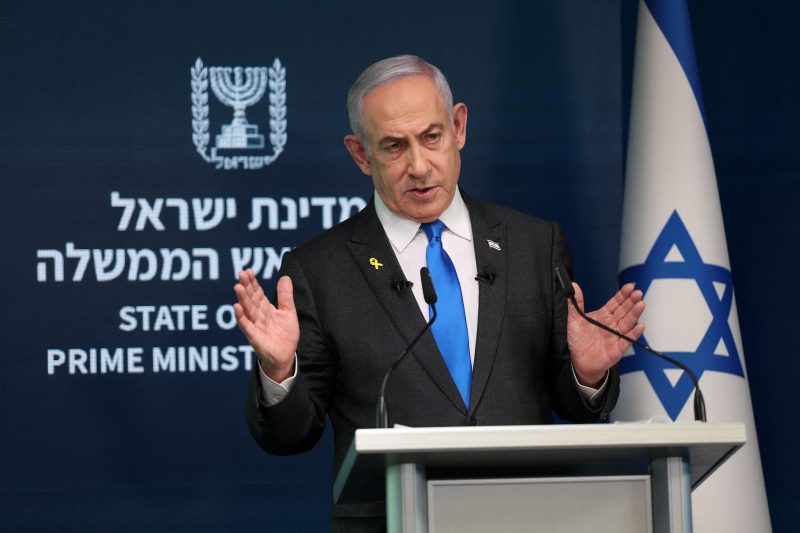In recent diplomatic developments, Israeli Prime Minister Benjamin Netanyahu has firmly dismissed the recent push by Hezbollah for a cease-fire, a move that has seemingly confounded the White House. This altercation between Israel and Hezbollah comes against the backdrop of escalating tensions in the region and poses a significant challenge for international efforts to broker peace.
Netanyahu’s dismissal of Hezbollah’s cease-fire proposal signifies Israel’s unwavering commitment to its security and uncompromising stance in dealing with its adversaries. The Prime Minister’s refusal to entertain the idea of a cease-fire reflects Israel’s position that any attempt to negotiate with Hezbollah would be perceived as legitimizing a terrorist organization that poses a threat to Israeli sovereignty and regional stability.
Hezbollah, on the other hand, has been pushing for a cease-fire in an attempt to de-escalate the situation and alleviate the humanitarian suffering caused by the conflict. The Lebanese militant group has indicated its willingness to engage in dialogue and seek a peaceful resolution to the hostilities.
The White House’s reaction to Netanyahu’s dismissal of Hezbollah’s proposal underscores the complex dynamics and competing interests at play in the Middle East. The United States, as a key ally of Israel, has historically supported Israel’s right to self-defense and has maintained a tough stance against terrorism. However, the White House’s confounded response to Netanyahu’s rejection of a cease-fire highlights the challenges of mediating conflicts in a region rife with historical grievances and geopolitical rivalries.
The ongoing standoff between Israel and Hezbollah also raises concerns about the potential for further escalation and the impact it could have on the broader region. With multiple actors involved and overlapping interests at stake, any miscalculation or miscommunication could quickly spiral into a full-blown conflict with devastating consequences for all parties involved.
As the international community grapples with the complexities of the situation, diplomatic efforts must be redoubled to prevent the situation from deteriorating further. Dialogue, de-escalation, and a commitment to finding a peaceful resolution are essential to averting a larger crisis and ensuring the safety and security of all those caught in the crossfire.
In conclusion, the dismissal of Hezbollah’s cease-fire push by Israeli Prime Minister Benjamin Netanyahu has introduced a new layer of complexity to an already volatile situation in the Middle East. The confounding response from the White House underscores the challenges of navigating the intricate web of regional politics and interests. As tensions continue to simmer, it is imperative that all parties exercise restraint, engage in constructive dialogue, and work towards a peaceful resolution to prevent the situation from spiraling out of control.



